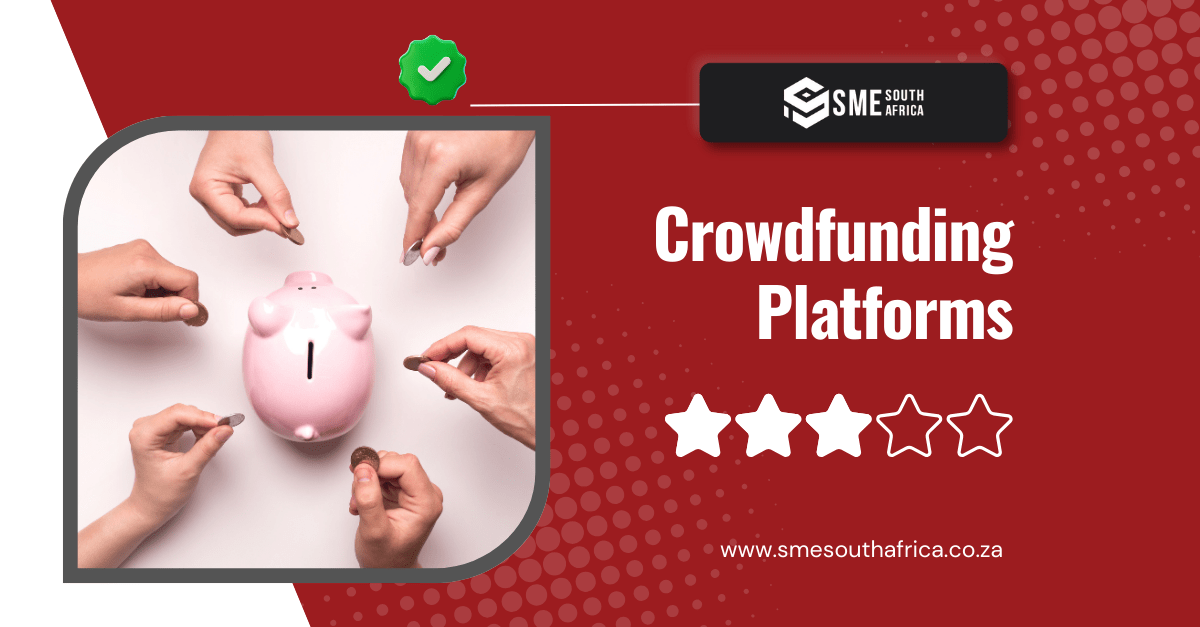
Startups face a funding dilemma where they essentially need funding to grow their businesses, but they do not have any history of credit. Early-stage businesses have not been in a position to build their credit, and thus are not trusted by traditional lenders.
This is where convertible loans come into play. A convertible loan is a form of funding that will be converted into equity shares later on. This loan combines debt and equity and is often funded by angel investors and venture capital firms.
What Goes Into a Convertible Loan Agreement?
Let’s have a look at what goes into a convertible loan agreement with angel investors in South Africa:
Loan Amount and Terms: The investor gives a set amount of money as a loan. The agreement will also stipulate the interest (if the loan carries an interest).
Loan Conversion Trigger: The loan will turn into shares when a certain event happens. This would depend on the investor. This could be a new funding round or a set date in the contract.
Value Limit: This sets the maximum value at which the loan changes into shares. For example, if the limit is R20 million and the company is later valued at R50 million, the investor still converts at R20 million.
Discount: Investors often get a discount when turning the loan into shares. This is beneficial as it gives them cheaper shares than new investors in later rounds.
Deadline: If conversion does not happen by the deadline, the investor may choose to convert at the agreed value or require that you repay the loan.
Unlike normal loans, convertible loans are one of the alternative funding options made to be flexible. They give investors a chance to gain if the business grows while lowering risk early on. It’s also crucial to note that the terms may differ based on the specific agreement between a startup and an angel investor.
Benefits of a Convertible Loan
Convertible loans offer an opportunity for businesses without credit to gain access to funding. Apart from the obvious benefit, there are many others:
Quicker Access to Money: Negotiating ownership early can take time. Convertible loans allow money to come in faster.
Flexibility for Owners: Owners do not give up shares immediately. This lets them keep more control in the early stages.
Investor Rewards: Discounts and value limits give investors a reason to take risks. This helps startups attract early supporters.
Less Immediate Share Loss: Because the loan converts later, owners keep more of the company at first.
Bridge to Bigger Funding: Convertible loans can be used as a bridge before raising larger rounds of investment.
Disadvantages of a Convertible Loan
While there are benefits to convertible loans, founders must be aware of the disadvantages of convertible loans:
Share Loss Can be Unclear: Because conversion happens at a later time, owners might get caught up in unclear agreements where they do not know how much of the company they will give up.
Investor-Favoured Terms: Value limits and discounts often benefit investors more. If the company grows fast, investors can get a large share for a low price.
Debt Pressure: Until conversion, the loan is still debt. If the business cannot trigger conversion, repayment may be required.
Complex Contracts: Loan agreements are legal documents. Without expert help, owners may agree to rules that are not in their favour.
Factors to Consider When You Consider Convertible Loans
Many owners think convertible loans are safer than selling shares. However, there are some details often missed:
Loans Are Not Always Cheaper: While convertible loans might offer lower interest rates, the eventual loss of shares can be more costly than selling shares early.
Investor Behaviour in South Africa: Local investors are often careful. Contracts may include strict repayment clauses. Reading every clause is important.
Timing is Key: If the company raises money soon after taking the loan, investors may benefit more. If it takes too long, repayment pressure can rise.
Legal Help Is Crucial: A good lawyer can make a big difference. You need to do your due diligence in informing yourself of the legal implications of getting into a convertible loan agreement. A lawyer can ensure that owners aren’t taken advantage of, they can keep control and avoid losing too much equity.











